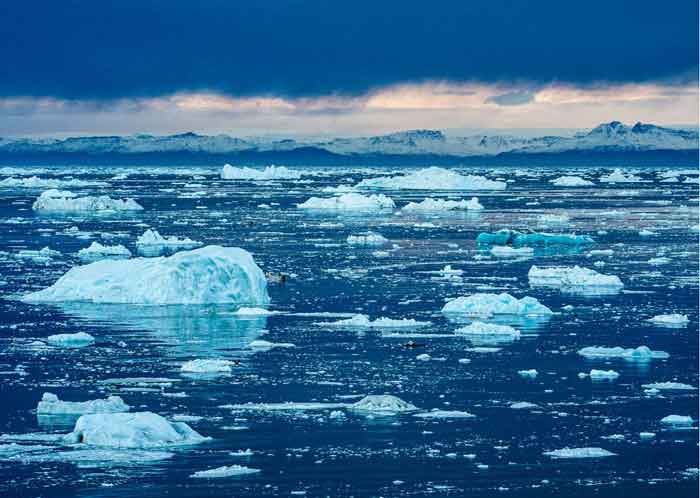
Polar scientists are presently calling for an urgent intensification of national and international research and observational capabilities given the rapid Arctic and Antarctic change.
Geneva.- Sea ice is reducing globally at an unprecedented rate, with serious implications for not only Earth’s polar environments and inhabitants but also global weather and climate.
In particular, Antarctic sea ice has declined since 2016 at a rate not observed since the beginning of satellite records in the 1970s – a phenomenon that is concerning the scientific community and one that is currently not well understood.
Such a phenomenon raises deep concern about the changed state of the Antarctic sea ice floe within the broader Earth system. As winter season draws near its extent remains at historic lows.
Meanwhile, the Arctic could thaw completely before 2050, regardless of greenhouse gas (GHG) emission scenarios, with a strong anthropogenic influence as a major cause of melting in the region.
After analyzing the influence of three factors: natural, GHG, and anthropogenic aerosols (small particles thrown into the atmosphere by human activities), experts stressed that it is not the natural particles from volcanic emissions, for example, nor the artificial ones that are responsible for the inexorable melting of the Arctic. (PL)





